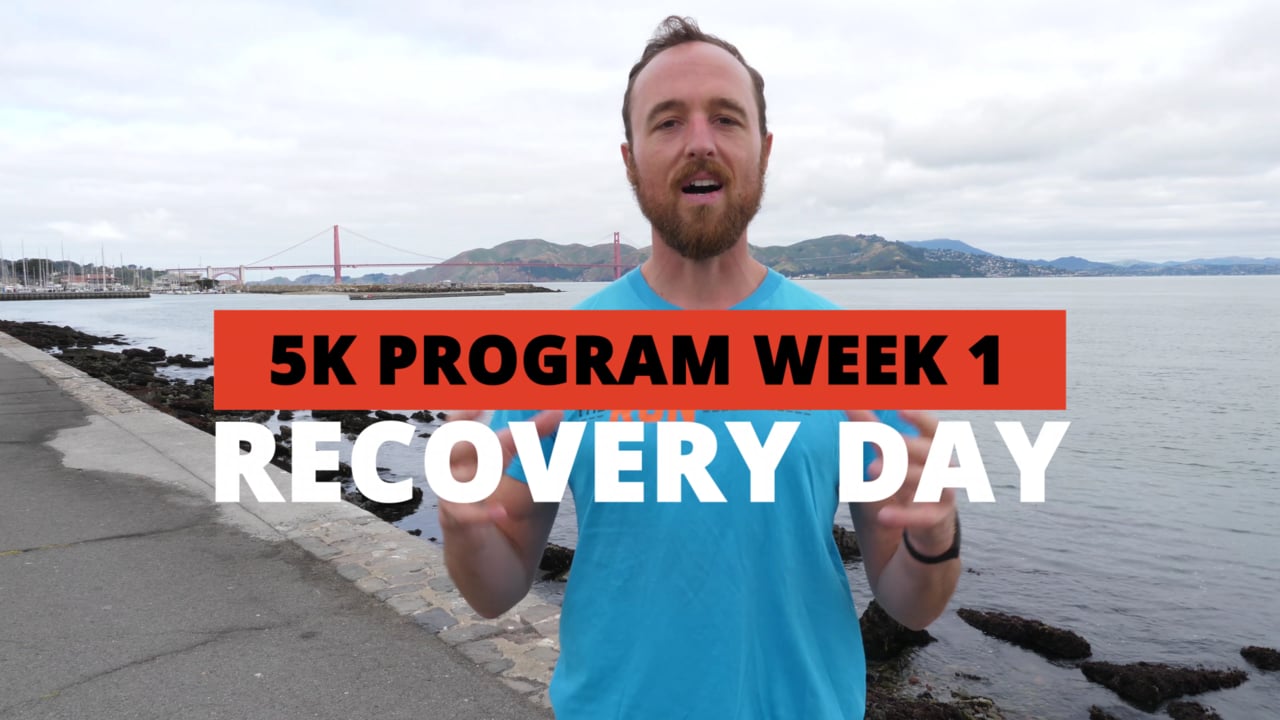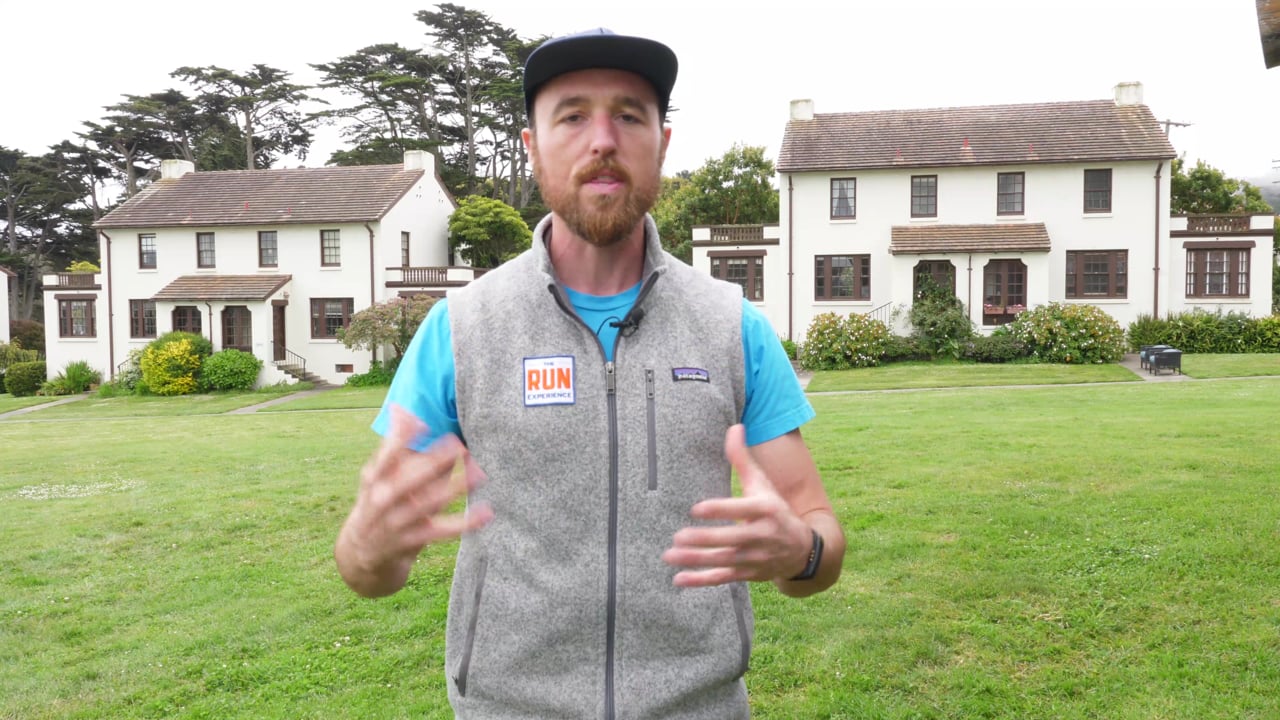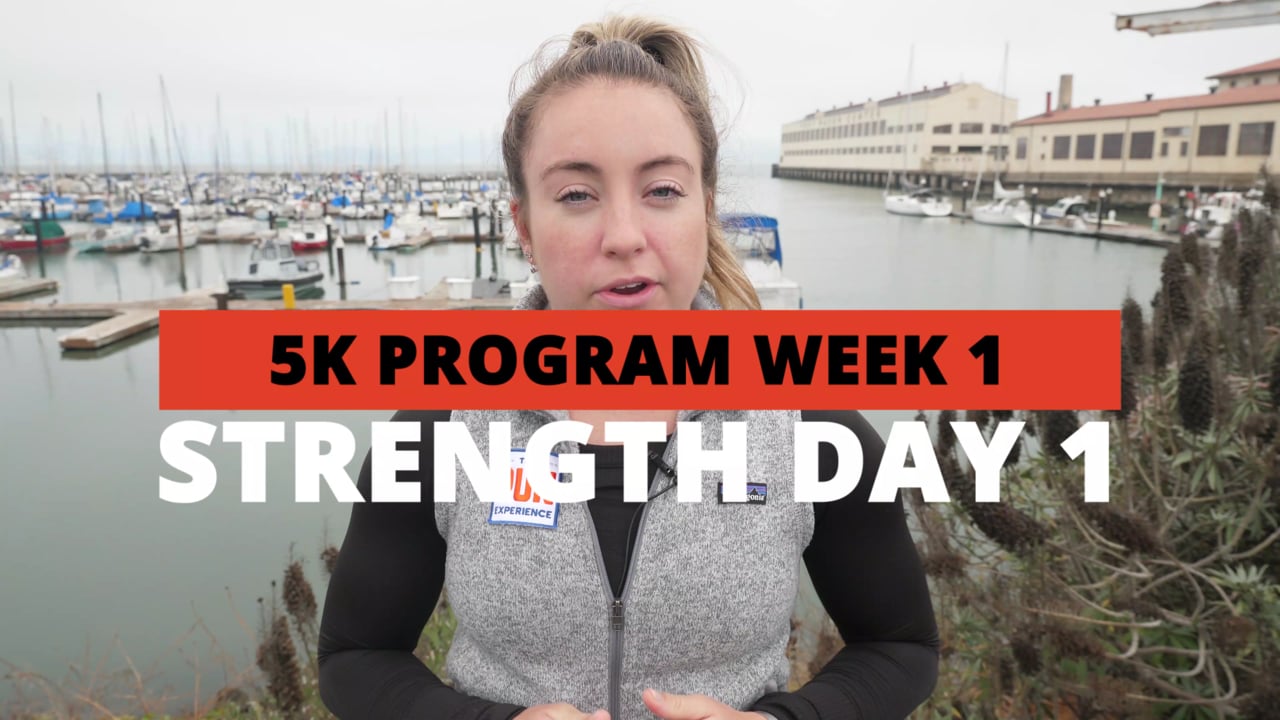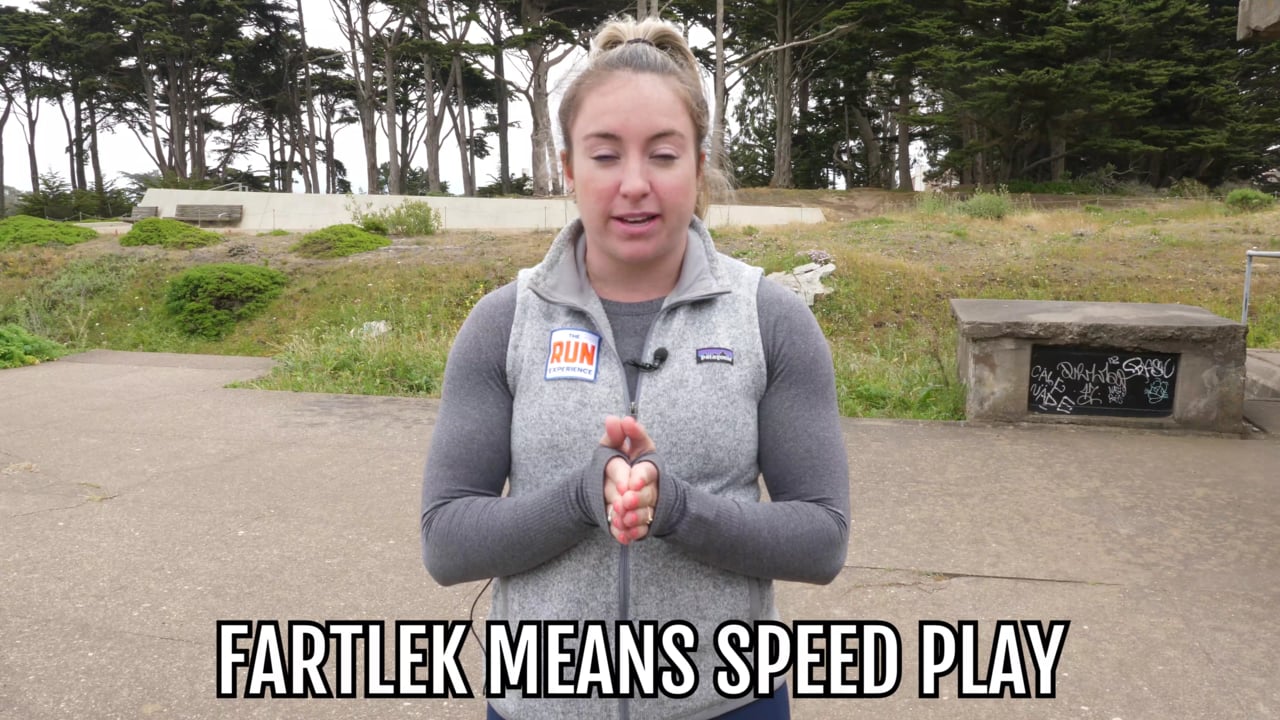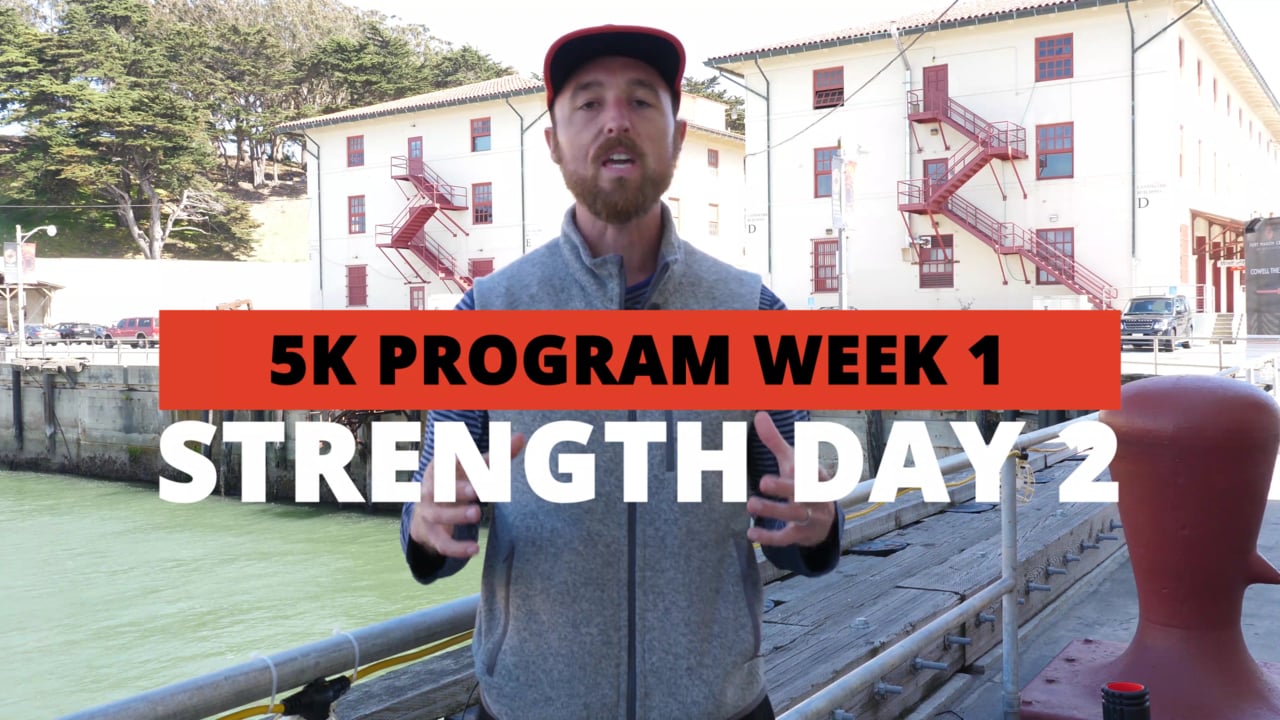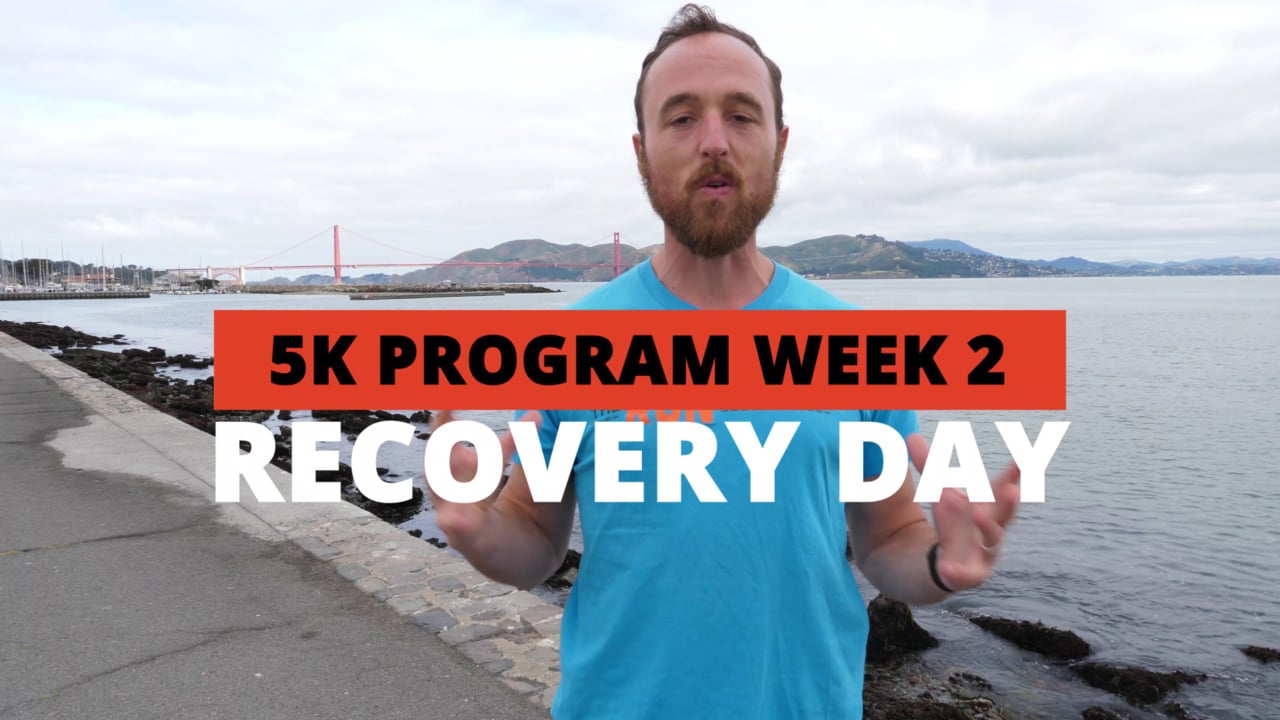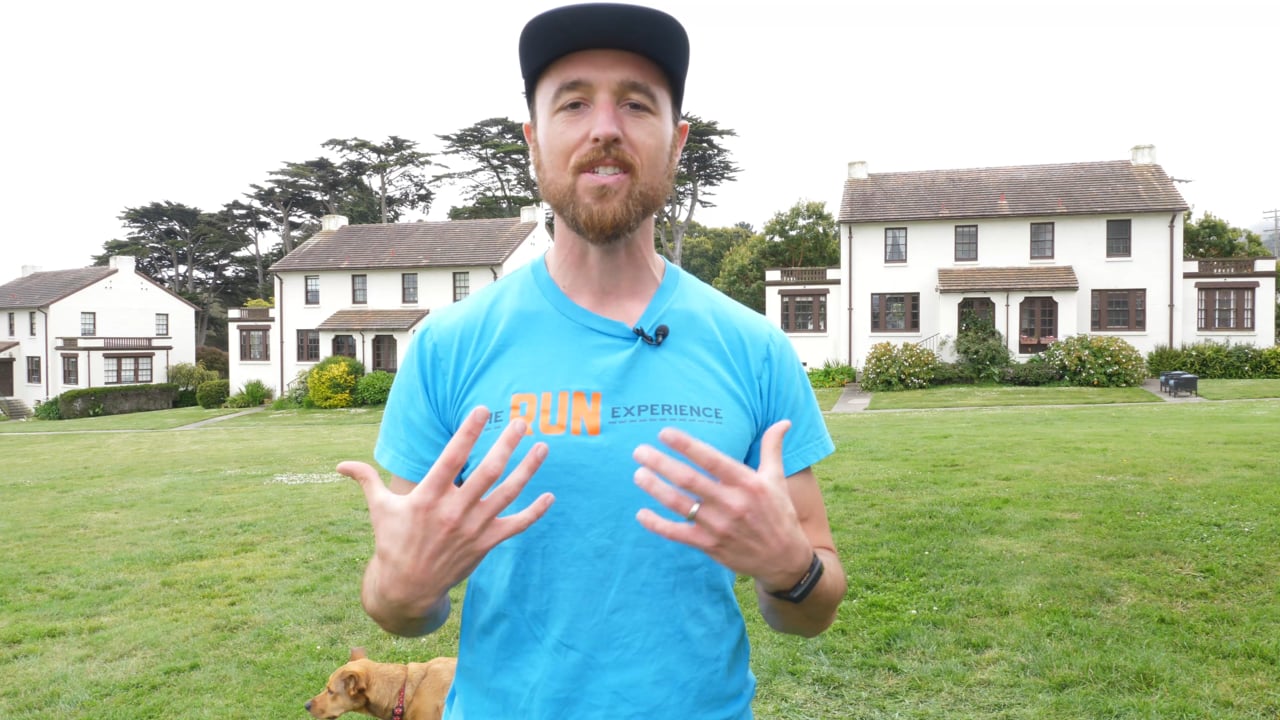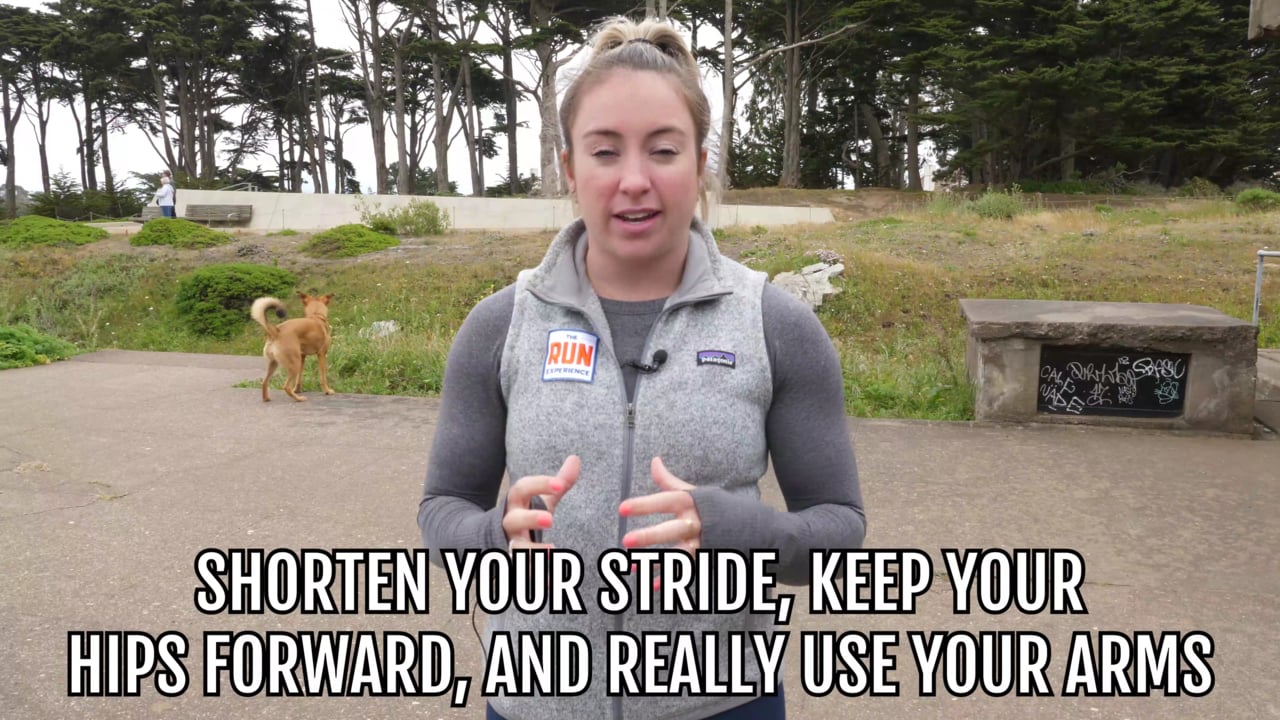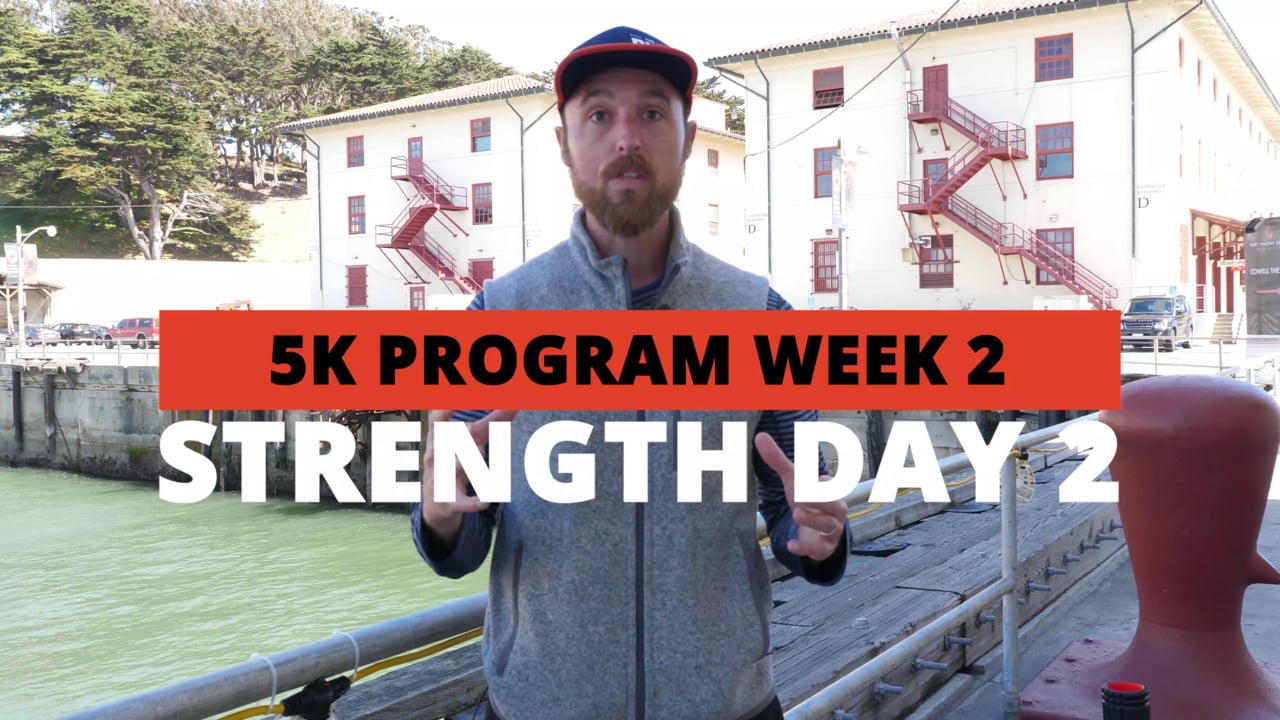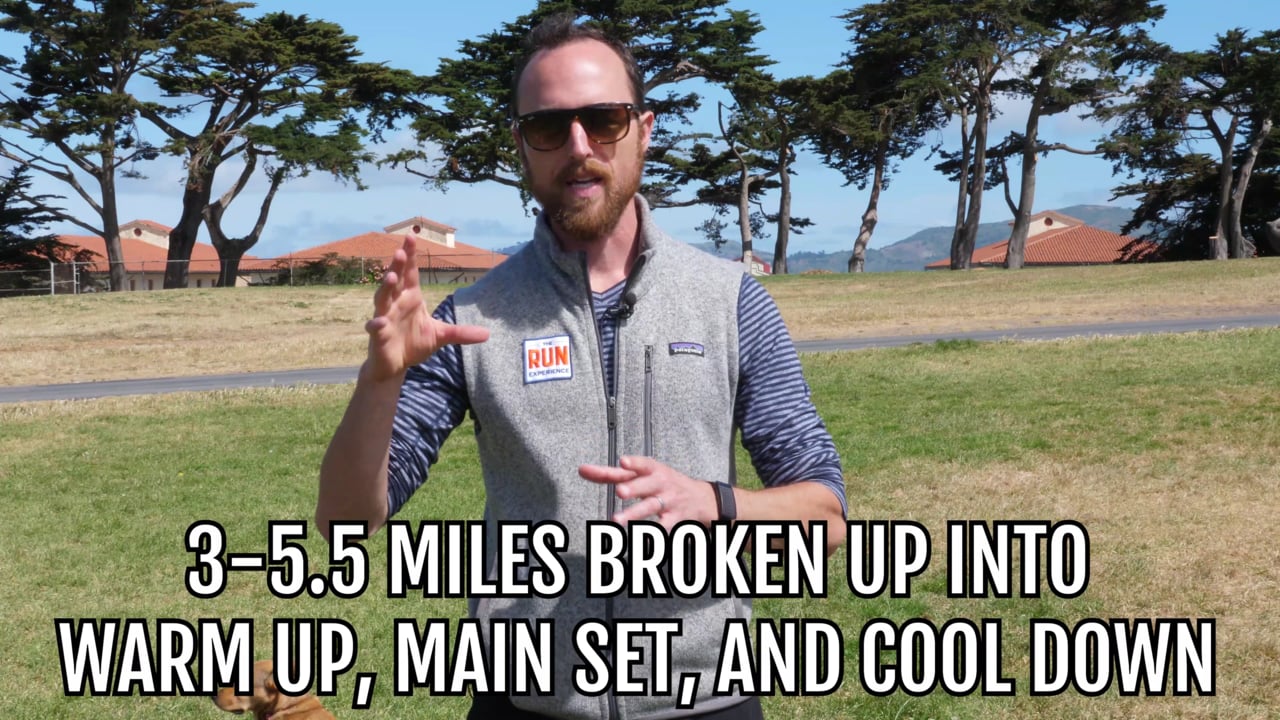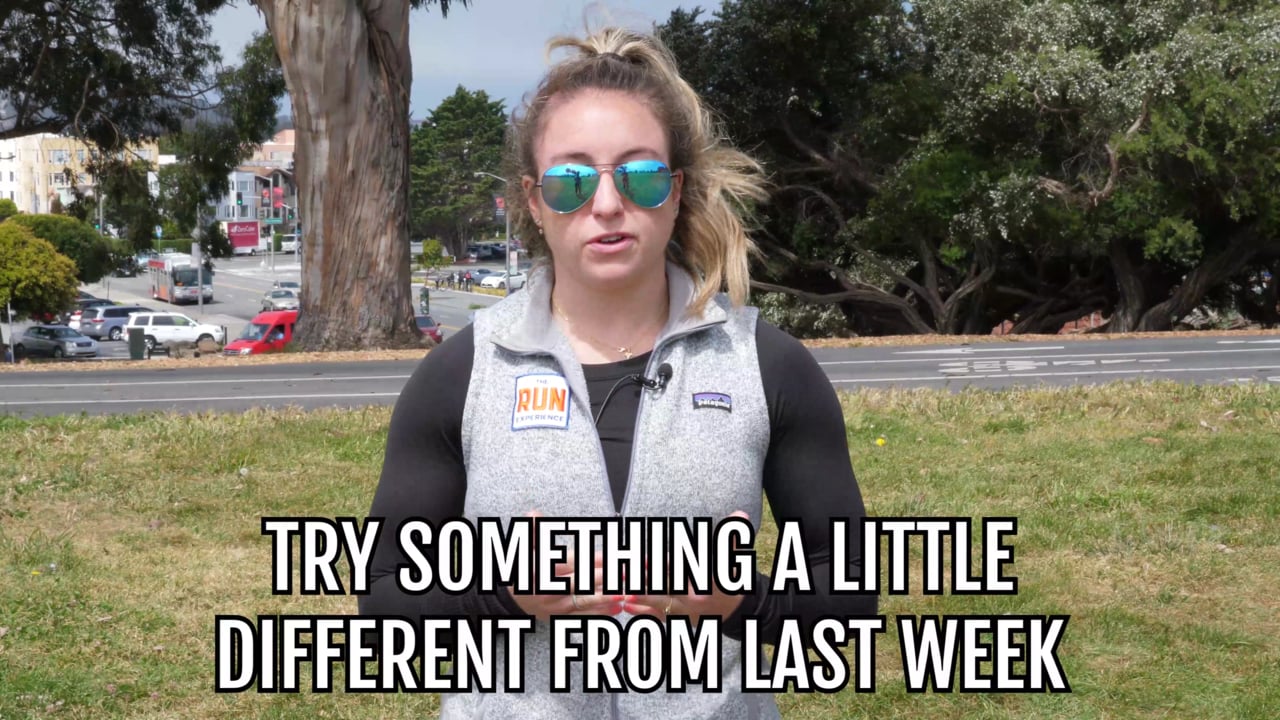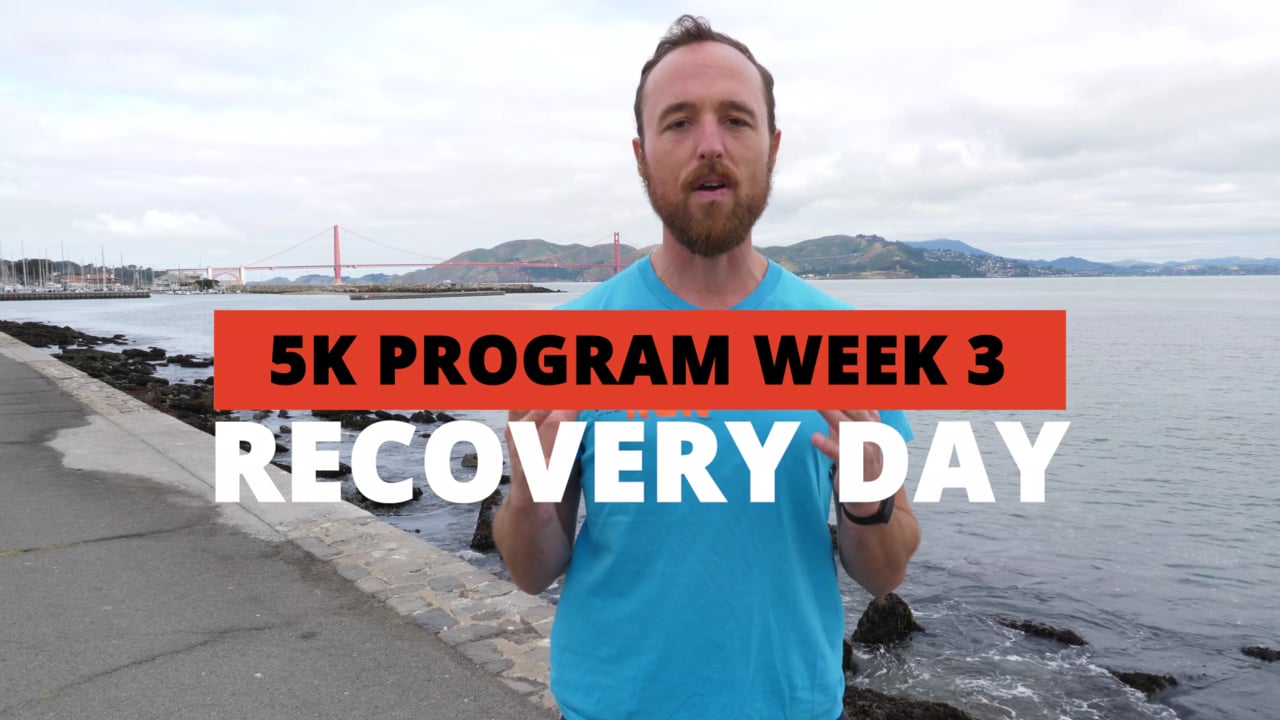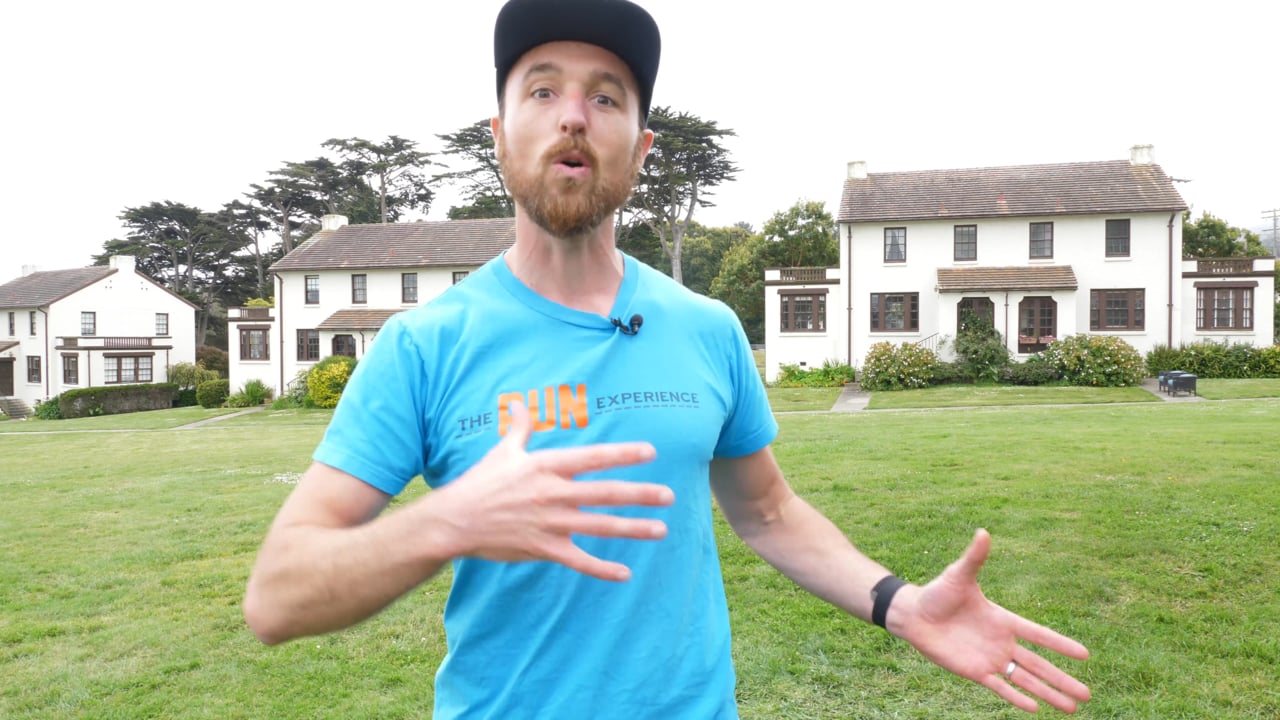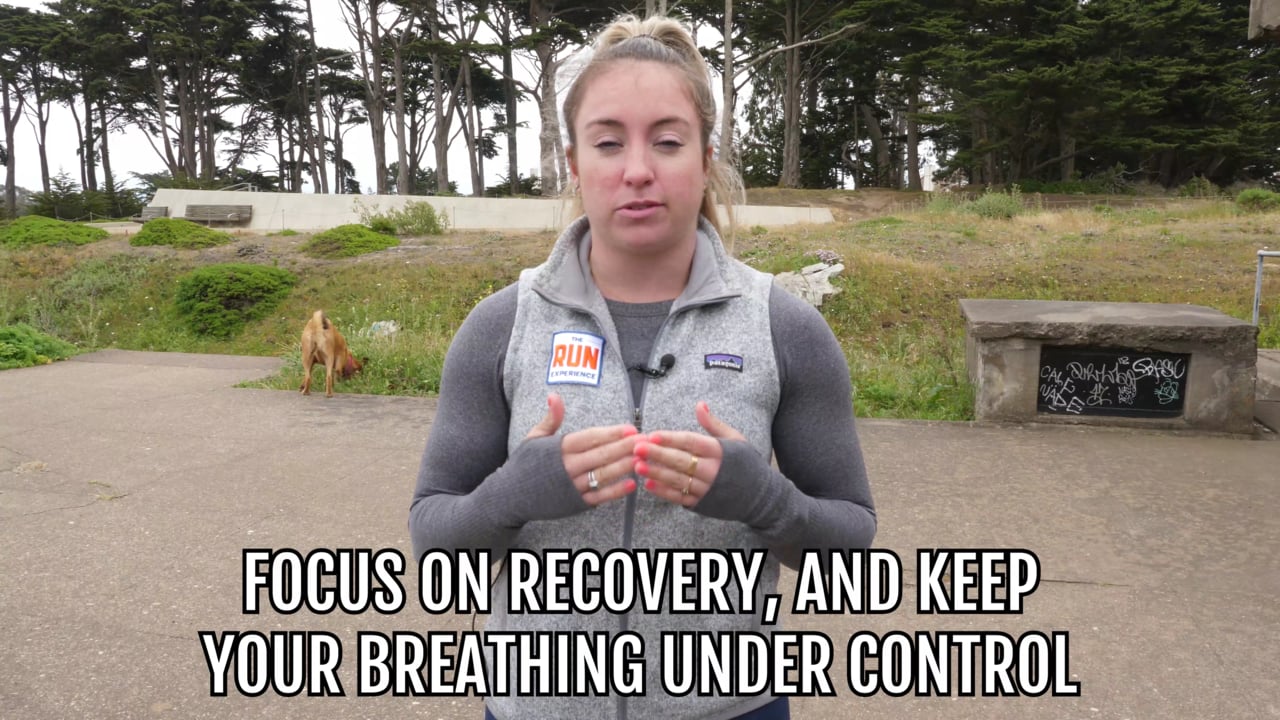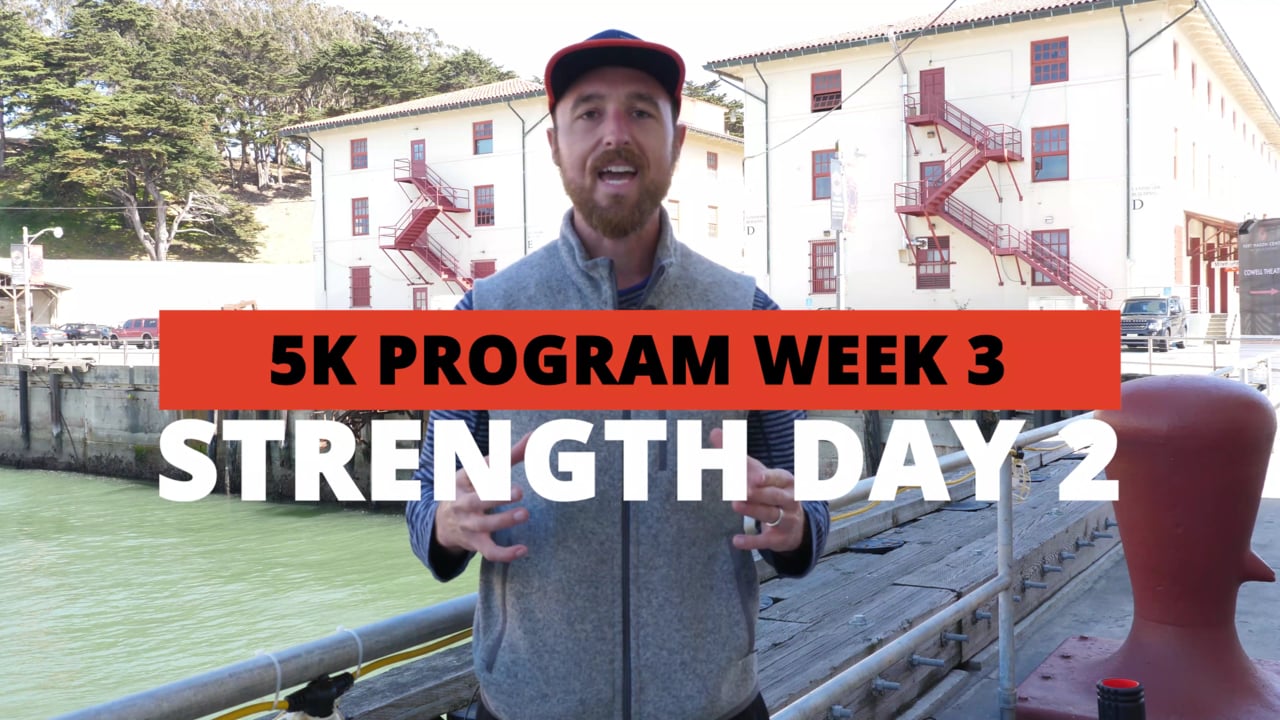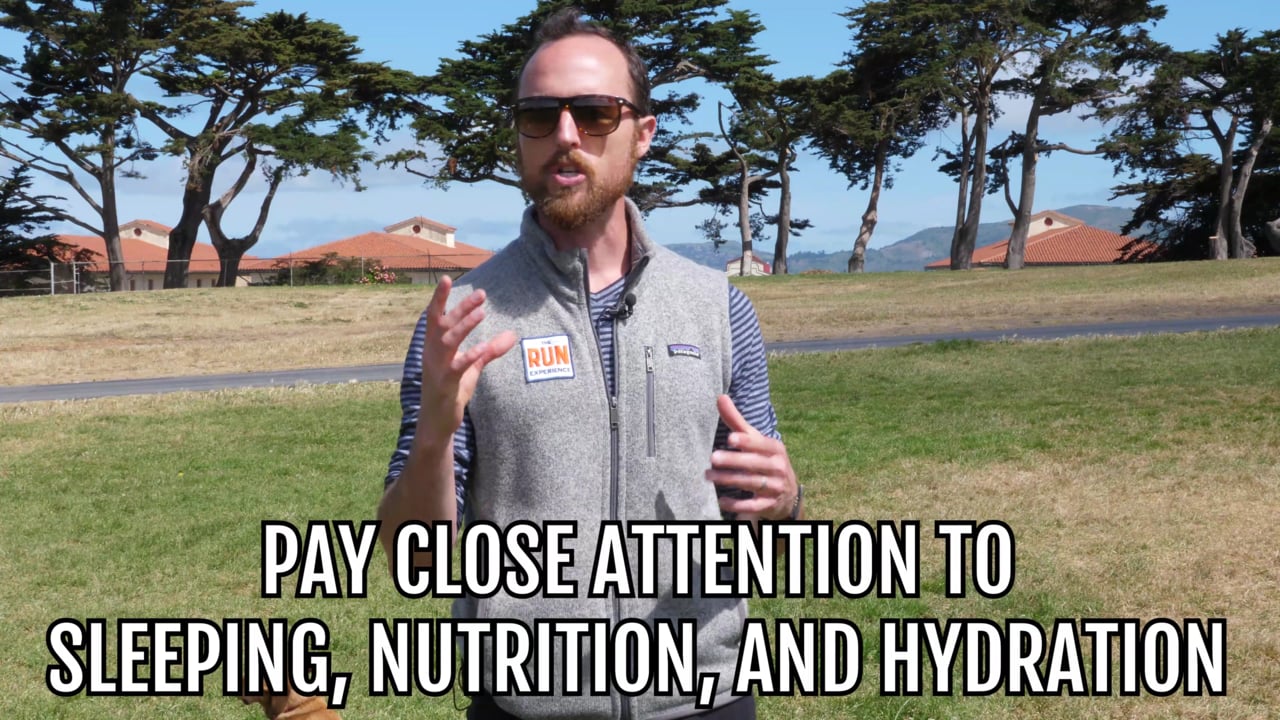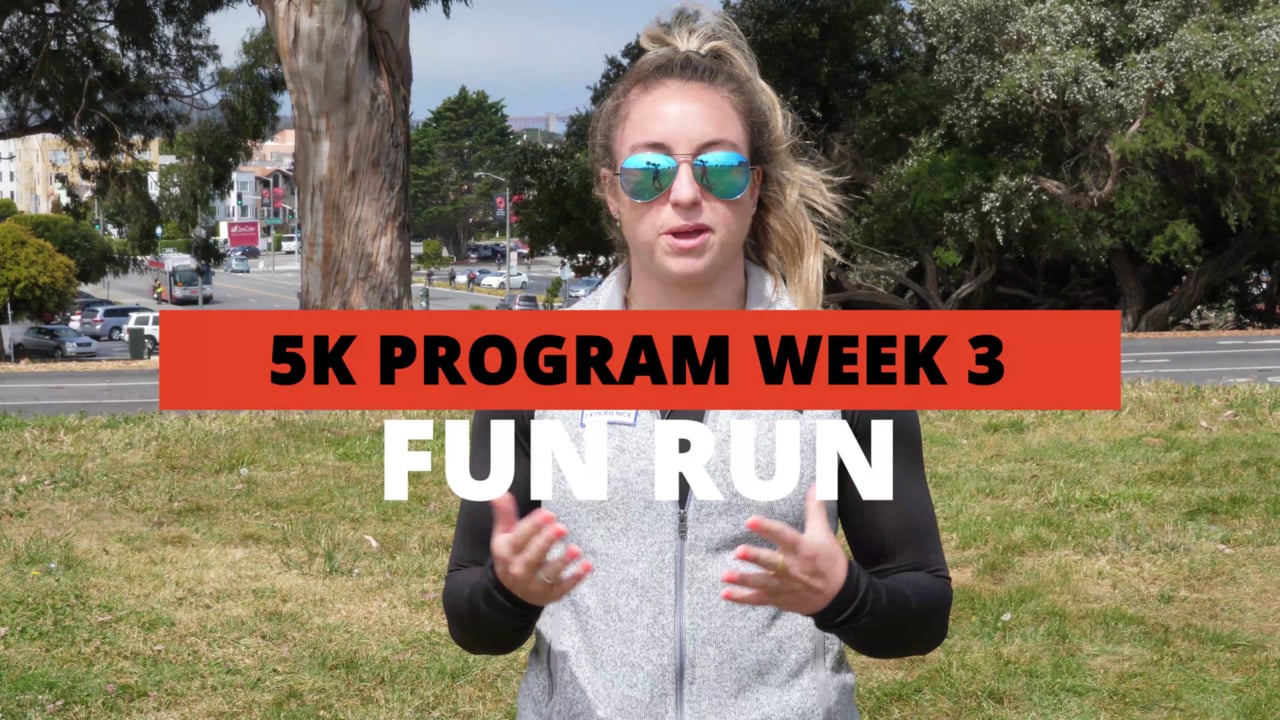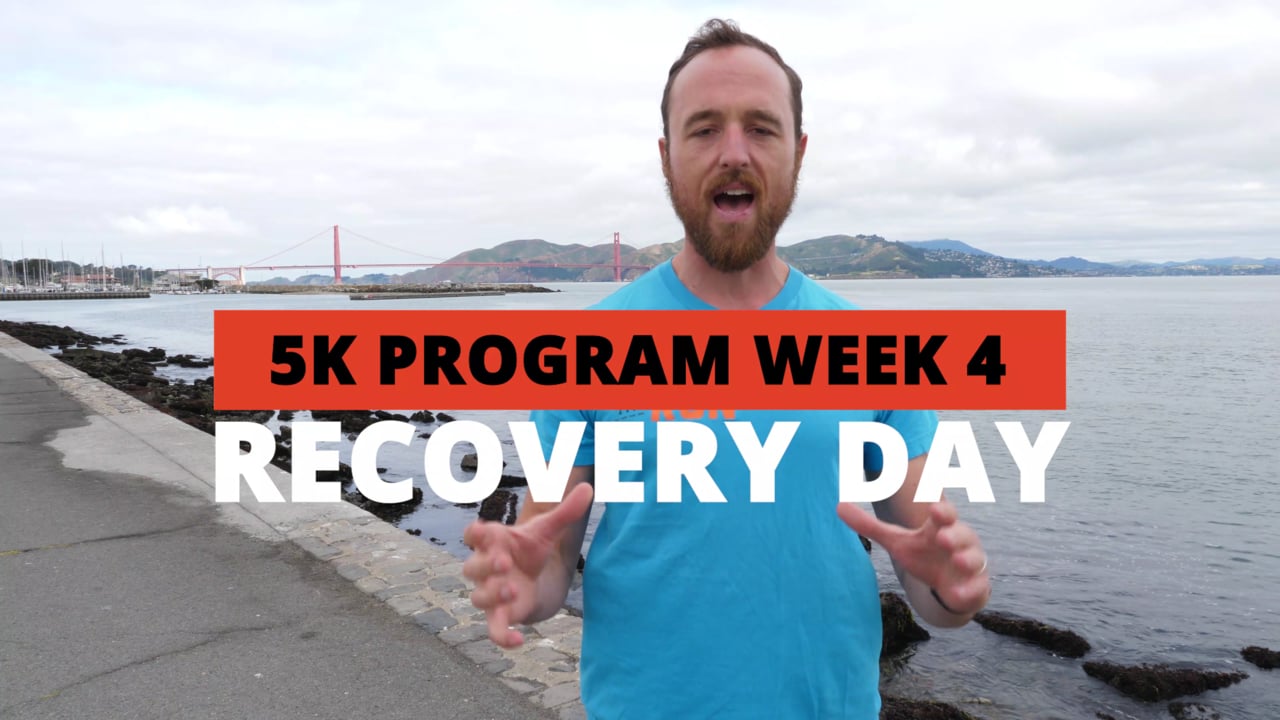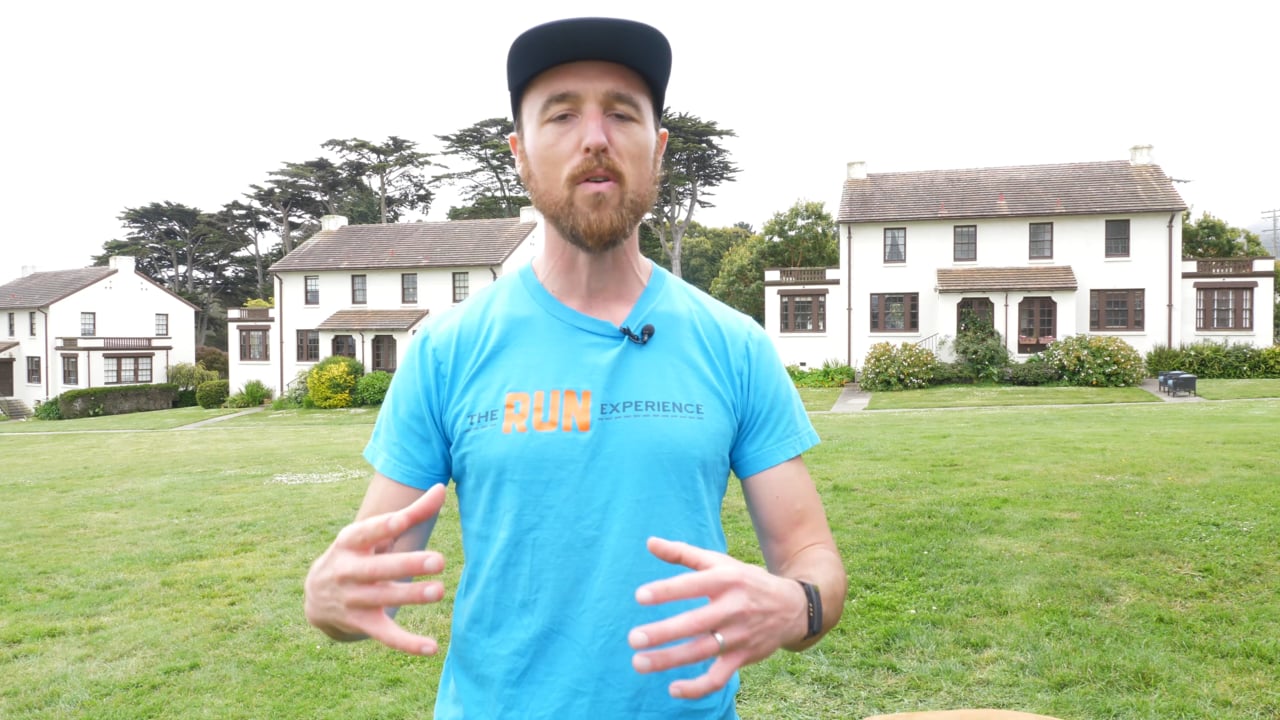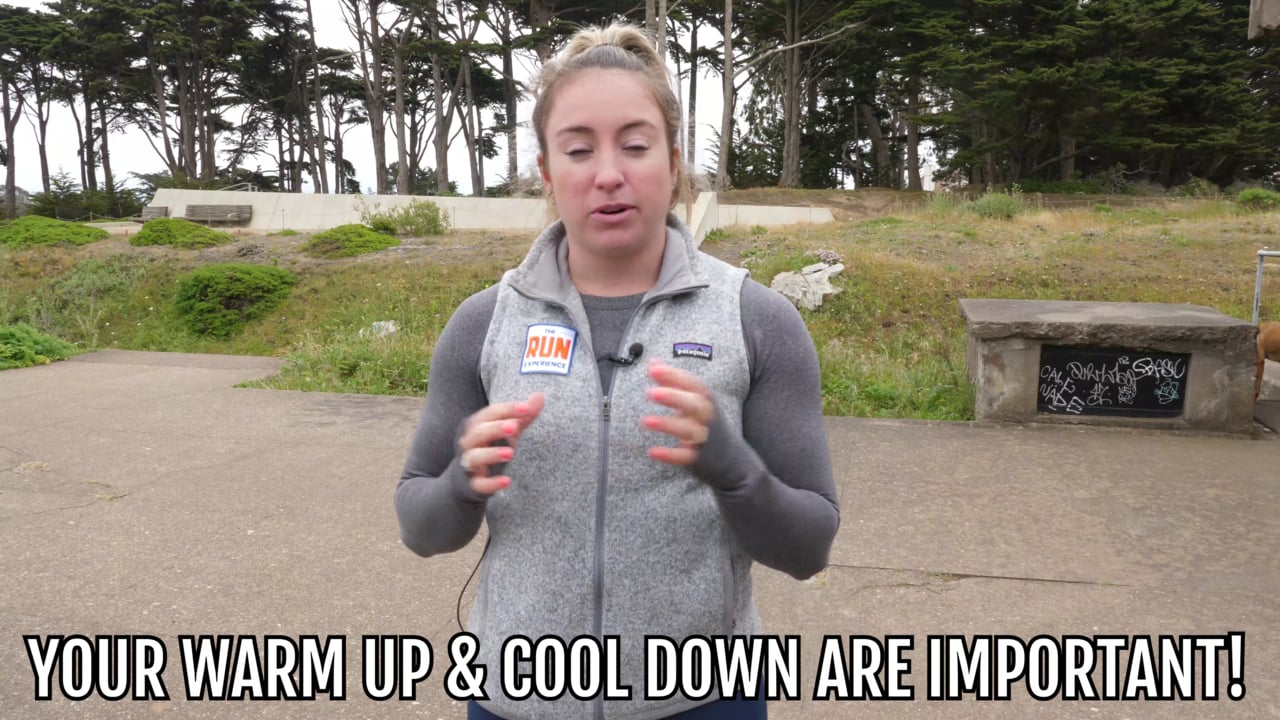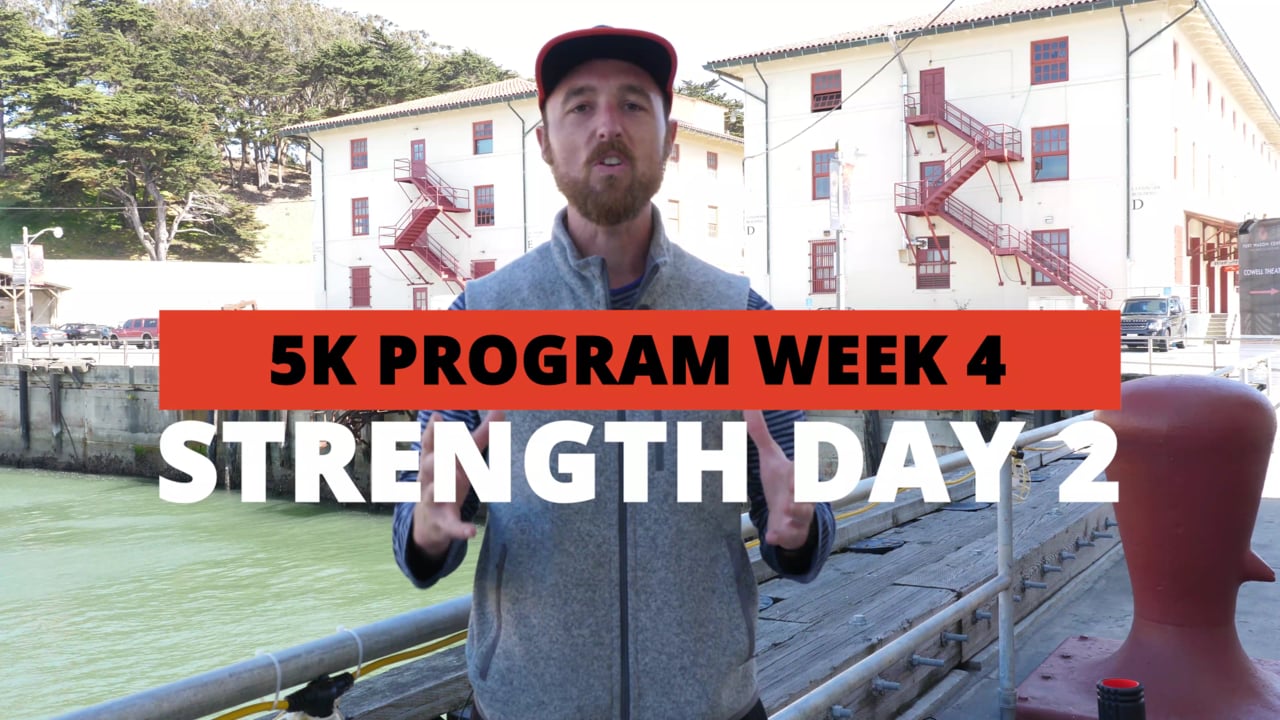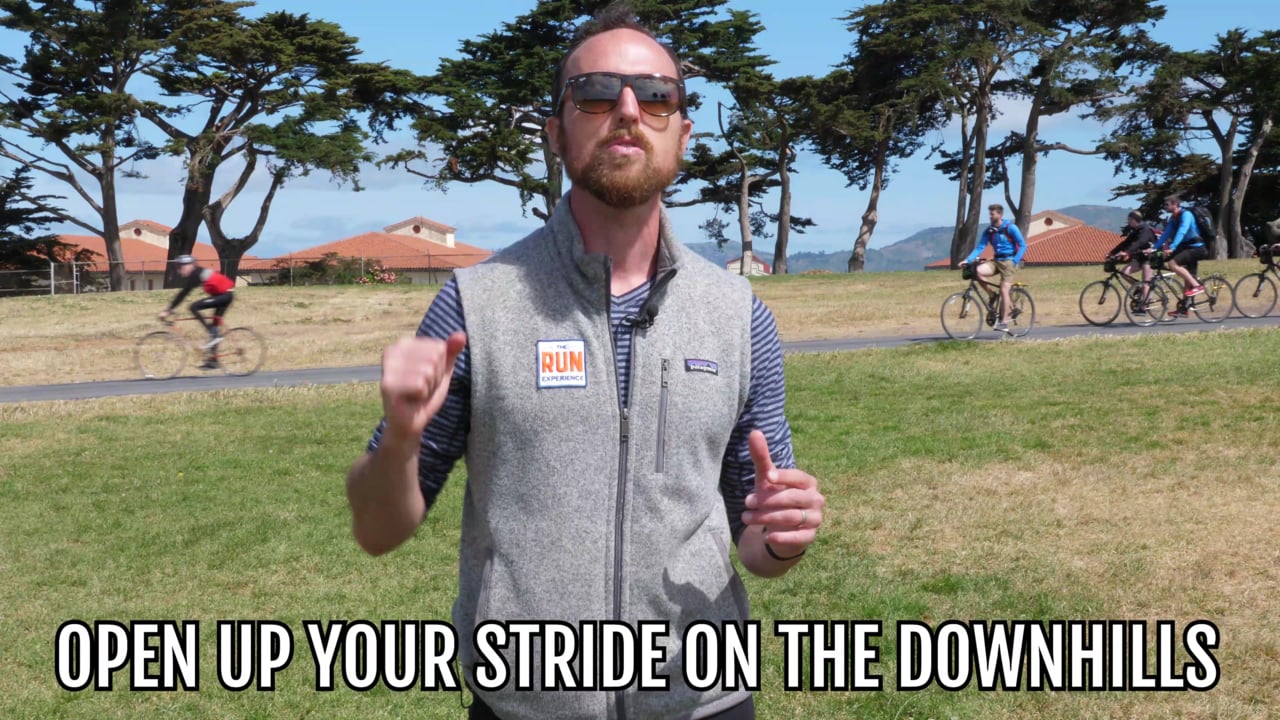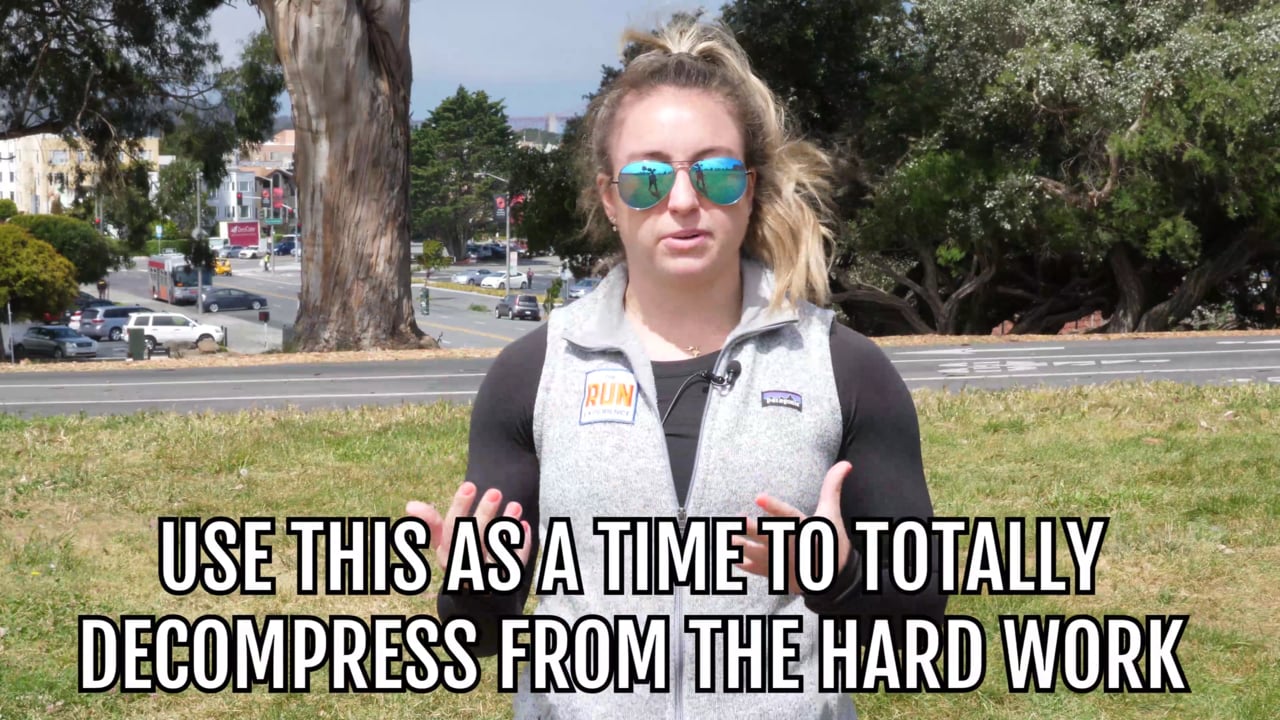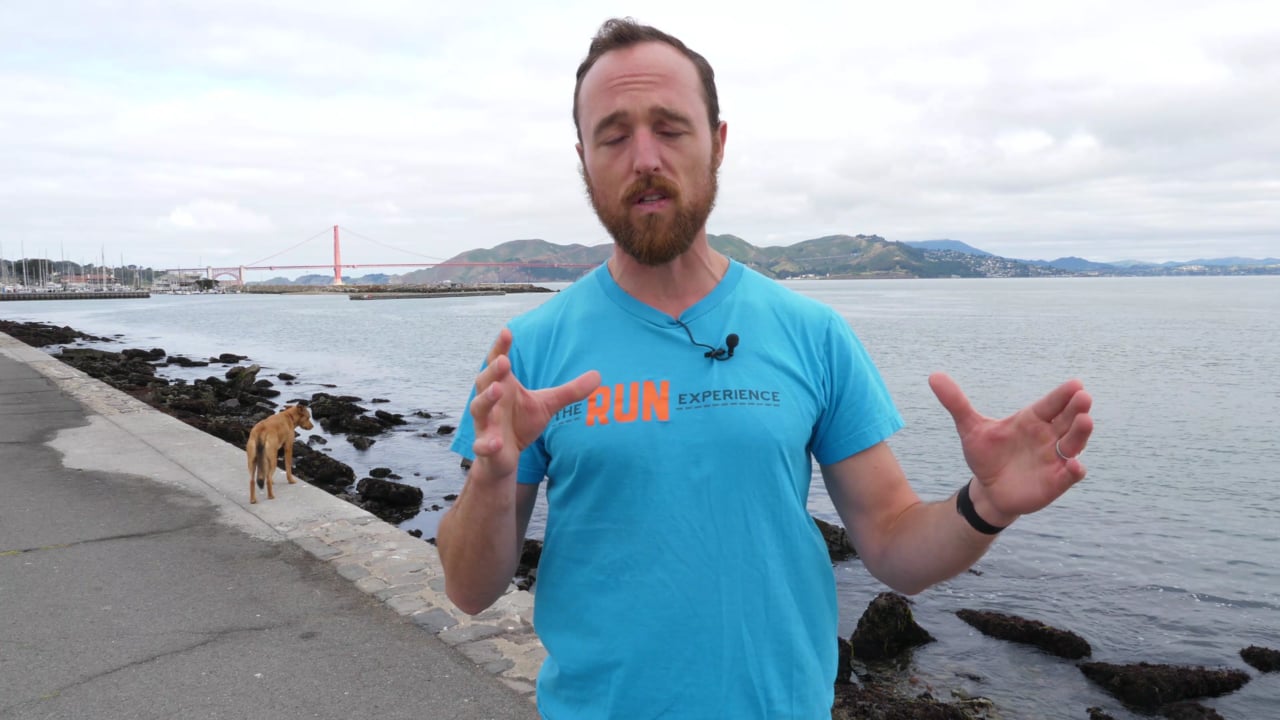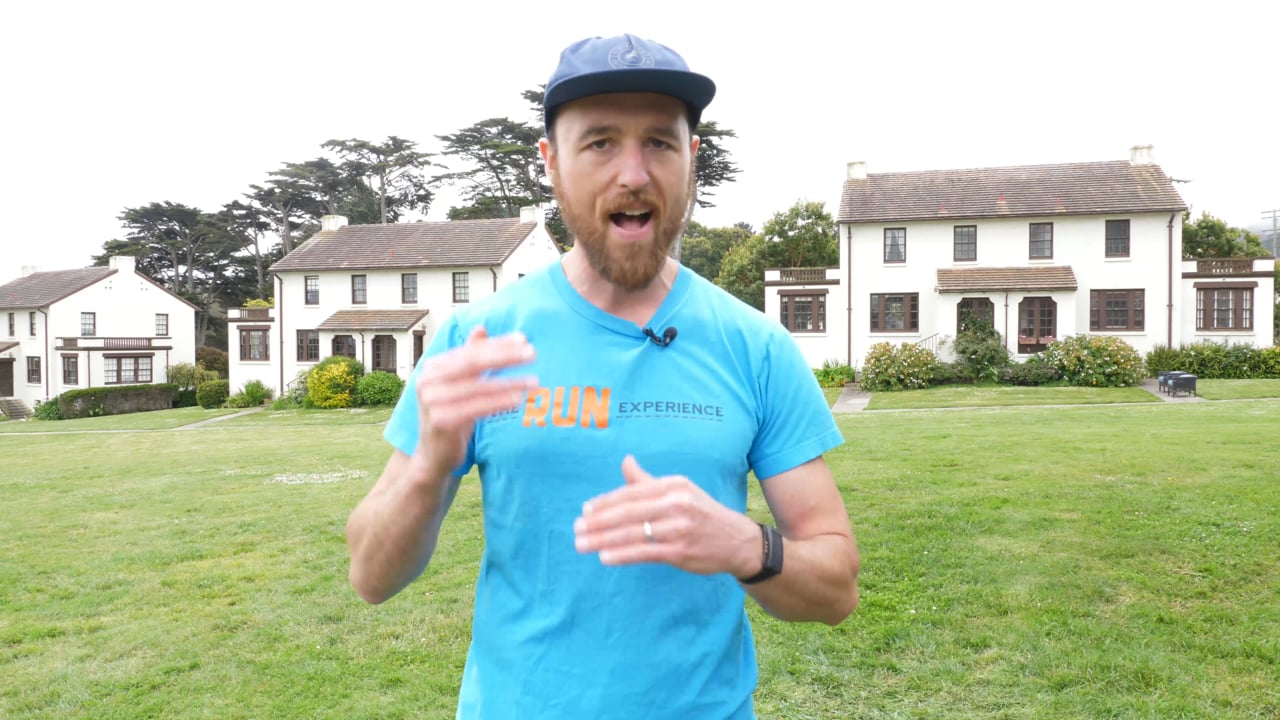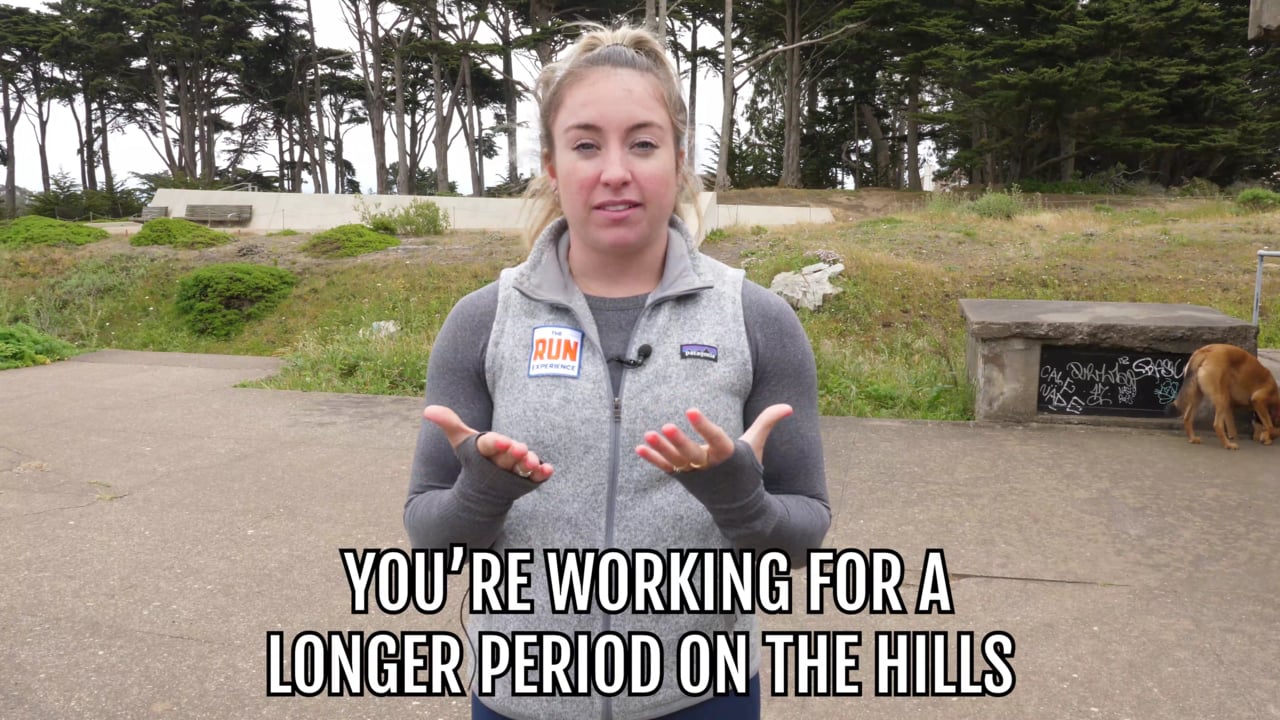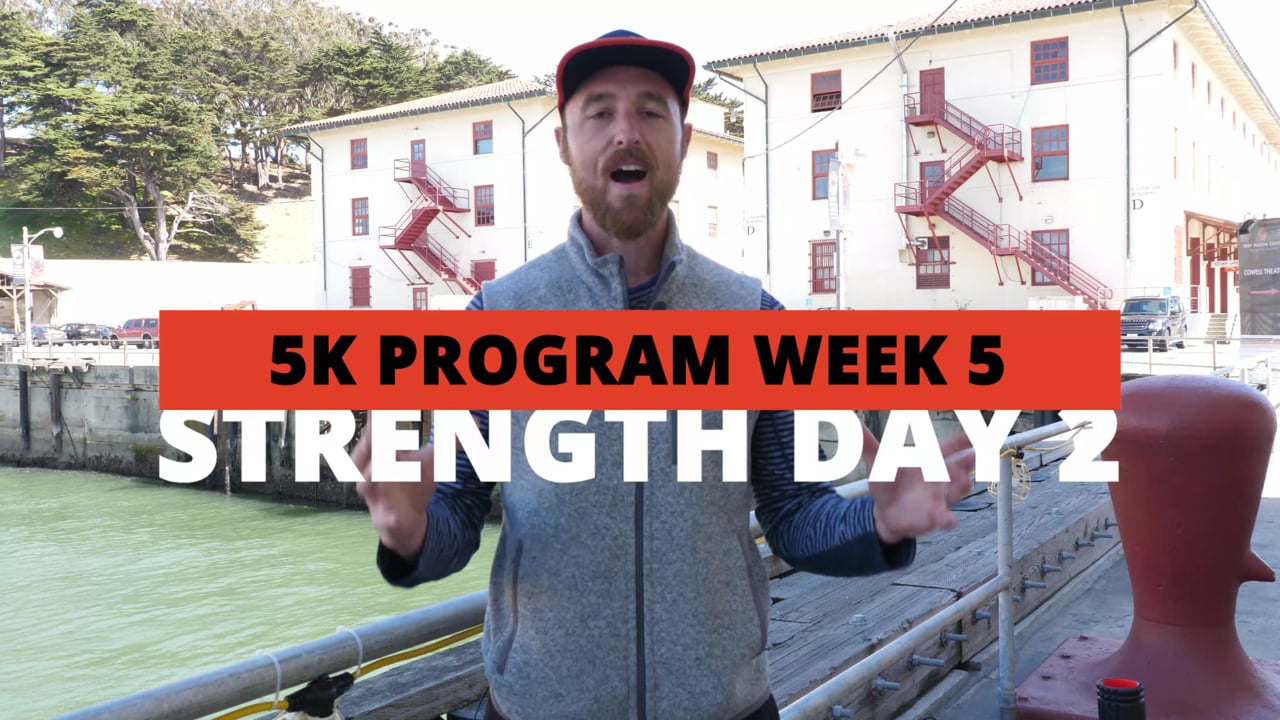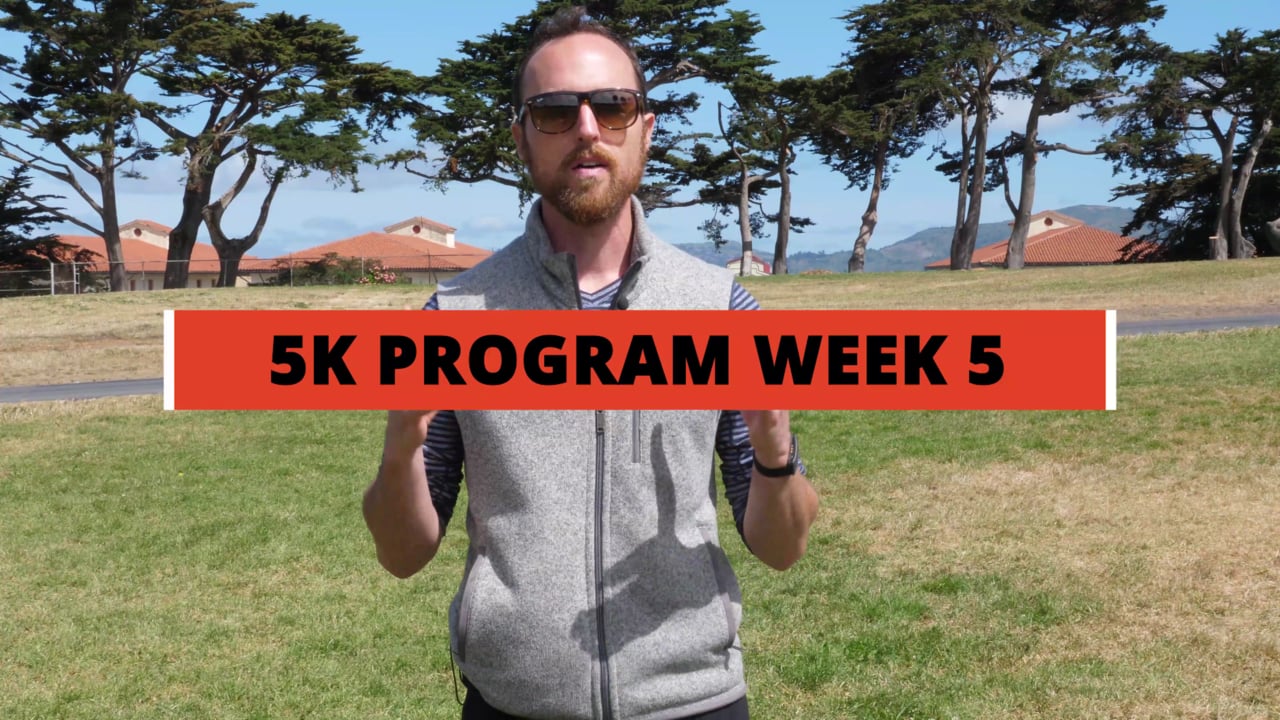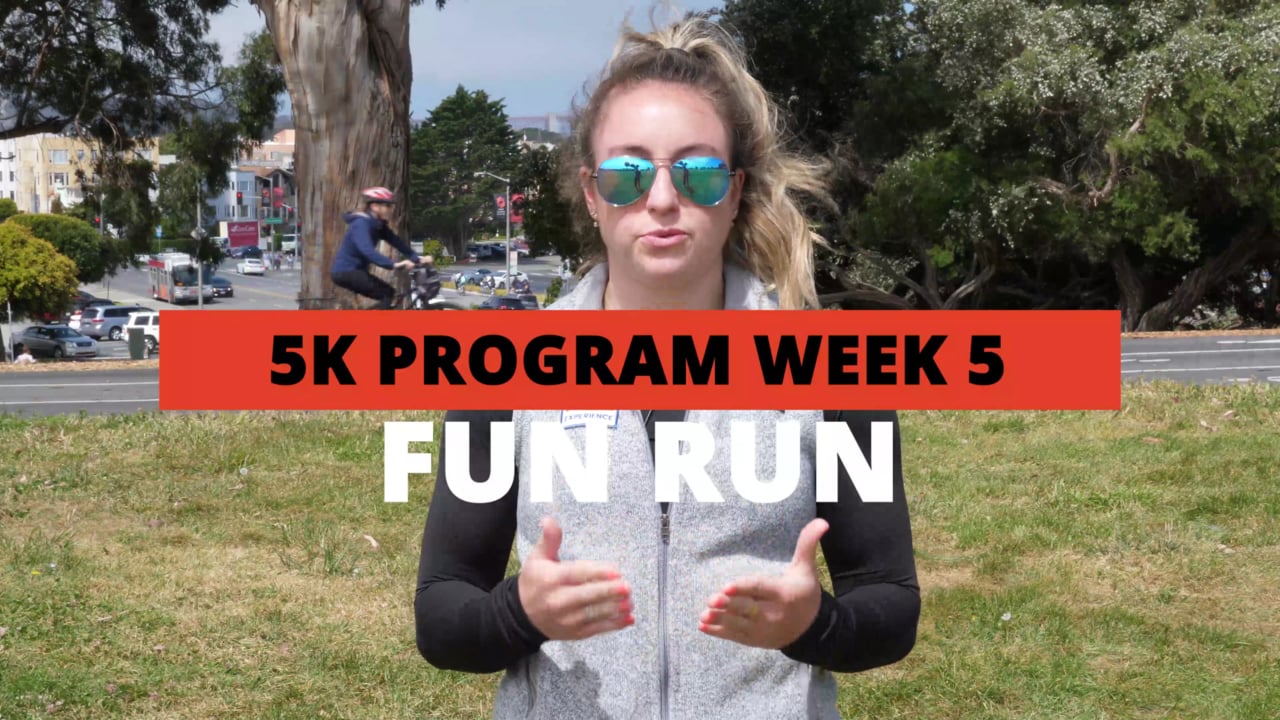-
Breath &
Week 6 | Day 36
Mobility
-
Breath &
Week 5 | Day 29
Mobility
-
Run Drills:
Week 6 | Day 37
Pulling It
All Together -
Strength,
Week 6 | Day 38
Agility &
Power -
Run Drills:
Week 5 | Day 30
Fast Feet
-
Quality Run:
Week 6 | Day 39
Drills &
Strides -
Breath &
Week 4 | Day 22
Mobility
-
Breath &
Week 1 | Day 1
Mobility
-
Run Drills:
Week 1 | Day 2
Nose
Breathing -
Strength,
Week 1 | Day 3
Agility &
Power -
Quality Run:
Week 1 | Day 4
Fartleks
-
Balance,
Week 1 | Day 5
Stability &
Core -
Long
Week 1 | Day 6
Run
-
Fun Run
Week 1 | Day 7
or
Cross Train -
Breath &
Week 2 | Day 8
Mobility
-
Breath &
Week 3 | Day 15
Mobility
-
Run Drills:
Week 2 | Day 9
Get
Rocking -
Strength,
Week 2 | Day 10
Agility &
Power -
Quality Run:
Week 2 | Day 11
Hill
Repeats -
Balance,
Week 2 | Day 12
Stability &
Core -
Long
Week 2 | Day 13
Run
-
Fun Run
Week 2 | Day 14
or
Cross Train -
Strength,
Week 5 | Day 31
Agility &
Power -
Balance,
Week 6 | Day 40
Stability &
Core -
Run Drills:
Week 3 | Day 16
Arm
Swing -
Strength,
Week 3 | Day 17
Agility &
Power -
Quality Run:
Week 3 | Day 18
Track
Speed Work -
Balance,
Week 3 | Day 19
Stability &
Core -
Long
Week 3 | Day 20
Run
-
Run Drills:
Week 4 | Day 23
Bounding
-
Fun Run
Week 3 | Day 21
or
Cross Train -
Race
Week 6 | Day 41
Weekend
Day 1 -
Quality Run:
Week 5 | Day 32
Hill
Repeats -
5k Program
5k Program | Home Page
Home
-
Strength,
Week 4 | Day 24
Agility &
Power -
Race
Week 6 | Day 42
Weekend
Day 2 -
Balance,
Week 5 | Day 33
Stability &
Core -
Quality Run:
Week 4 | Day 25
More
Fartleks! -
Balance,
Week 4 | Day 26
Stability &
Core -
Long
Week 5 | Day 34
Run
-
Long
Week 4 | Day 27
Run
-
Fun Run
Week 4 | Day 28
or
Cross Train -
Fun Run
Week 5 | Day 35
or
Cross Train
“Along the way, rejoice in the struggle. Embrace the tears. And celebrate the missteps. Because the true value of your life is found not in your accomplishments, but rather in the long, hard path trodden to achieve them. ” – Rich Roll
Without sounding overly juvenile, fartleks are fun. Saying fartleks, well, that IS more juvenile, but I digress.
Remember the games of your youth when you used to race your friends to that next lamp post? You’d run hard for a short burst, catch your breath, then blaze off again in another direction, towards another object, laughing and having fun? A fartlek is a lot like that. But like what happens frequently when adults try to copy fun kid things, this game got changed into something a little more mundane.
Fartlek – which is Swedish for ‘speed play’ – morphs the impromptu race into a structured lesson in learning to change speeds while running. In general, fartleks take place outdoors and involve objects like trees and signposts and bridges, where you briefly pick up your pace from where you are until you reach a randomly chosen object. Then you slow down to the pace you were running before. When you’ve recovered from that, you pick your next object and race towards it! It’s easy to inject fartleks into any regular run, making them more – dare I say – fun?
The lesson to take away from running fartleks is that you need to recruit different groups of muscles to change speeds quickly, especially for short bursts. Most of the time these are referred to as ‘fast-twitch’ muscles, while the muscles you use when you’re jogging easily are referred to as ‘slow-twitch’. To run faster you need to teach your body to call on these fast twitch muscles when you need them. Such as when you’re racing someone to get that last donut.
We’re going to teach you fartleks in a way that looks a lot like intervals, in that we’ll prescribe the amount of time you run with the amount of time you recover. Use today’s lesson to practice running one pace, then quickly picking up your pace and running hard, and then recovering. Even though this way of learning is more structured, don’t be afraid to throw some fartleks into your next easy run, especially if you’re with friends.
Ready. Set. Go! Last one to the lamp post buys the beer!
Choose A Training Week
- 1
- 2
- 3
- 4
- 5
- 6
Week 1
Week 2
Week 3
Week 4
Week 5
Week 6
-
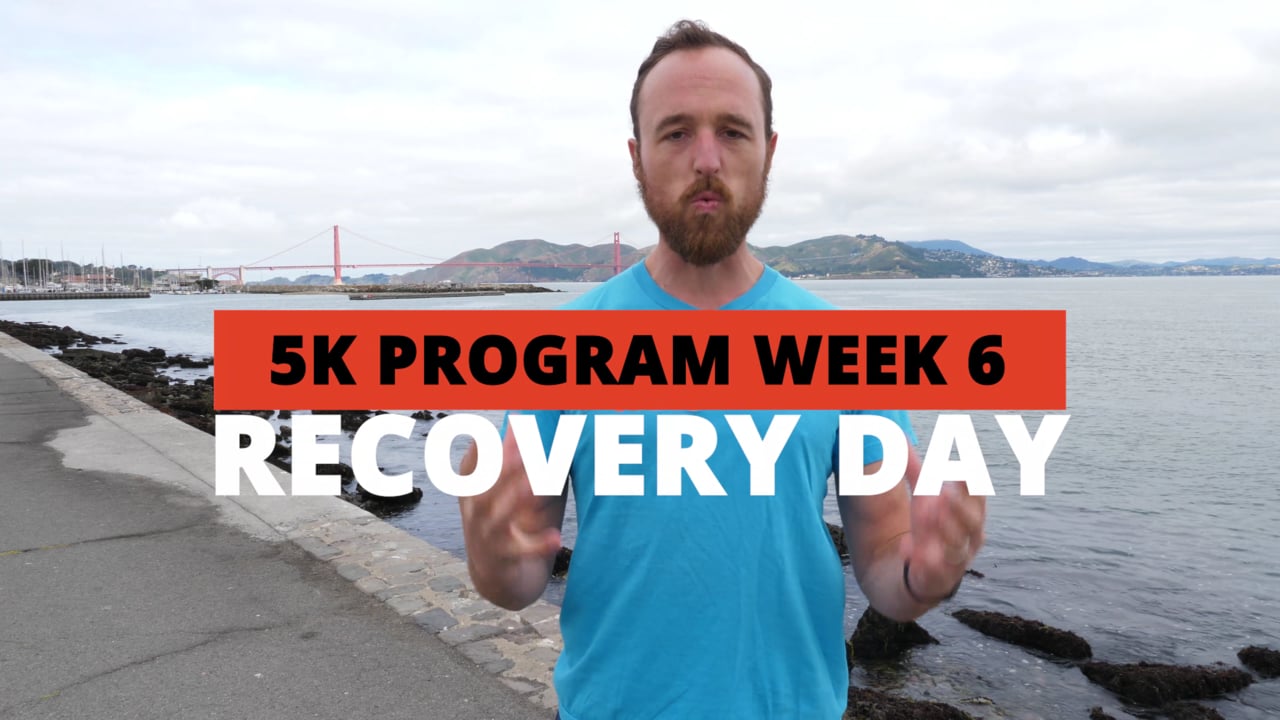
Breath &
Mobility
Week 6 | Day 36 -
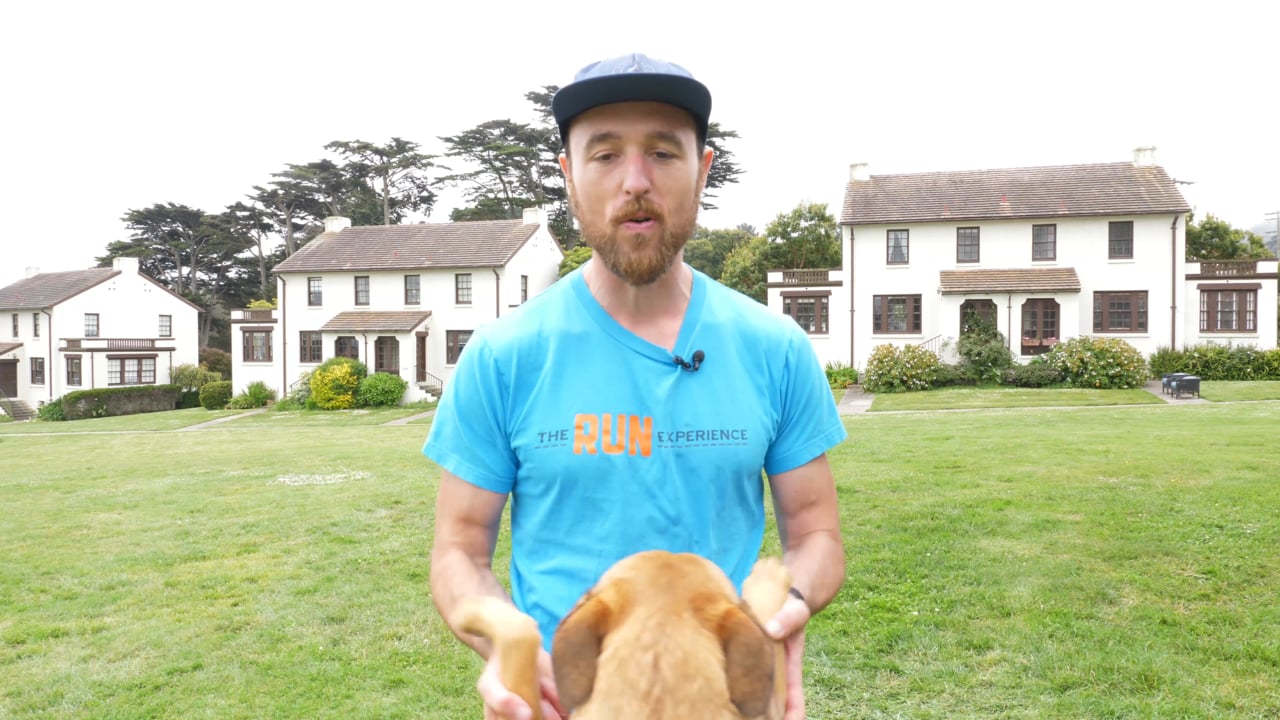
Run Drills:
Pulling It
All Together
Week 6 | Day 37 -

Strength,
Agility &
Power Week 6 | Day 38 -
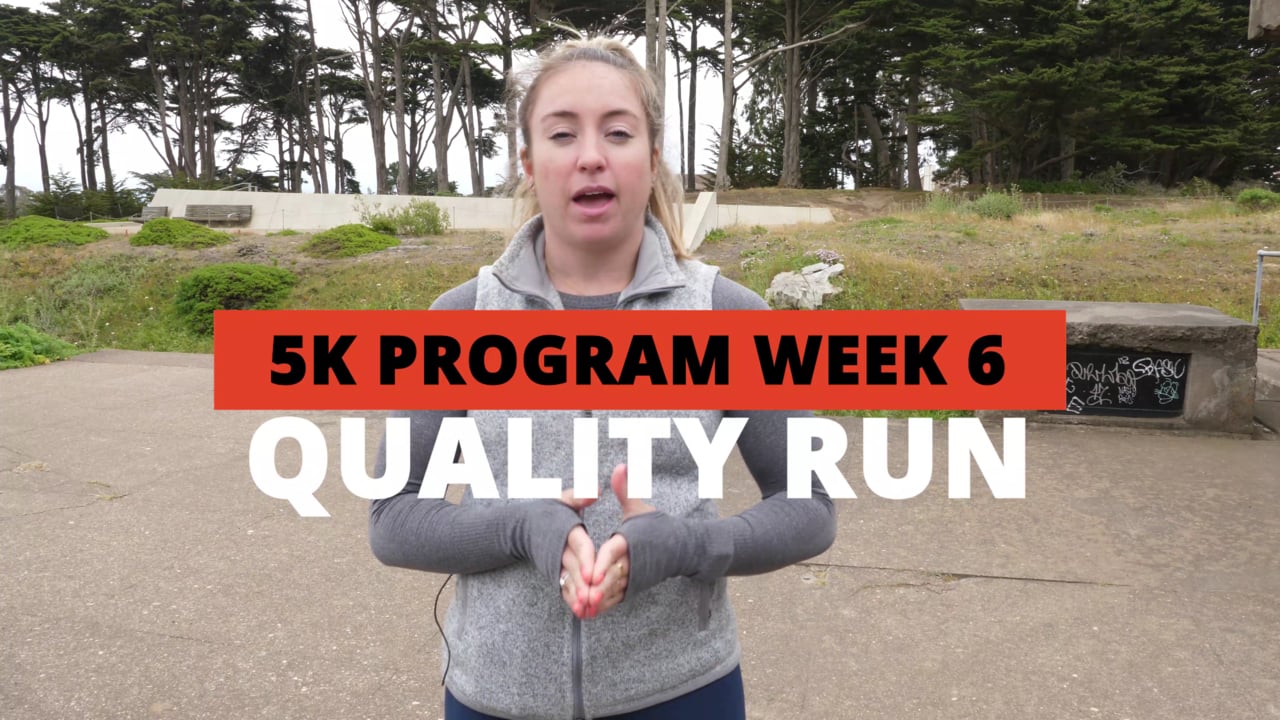
Quality Run:
Drills &
Strides Week 6 | Day 39 -
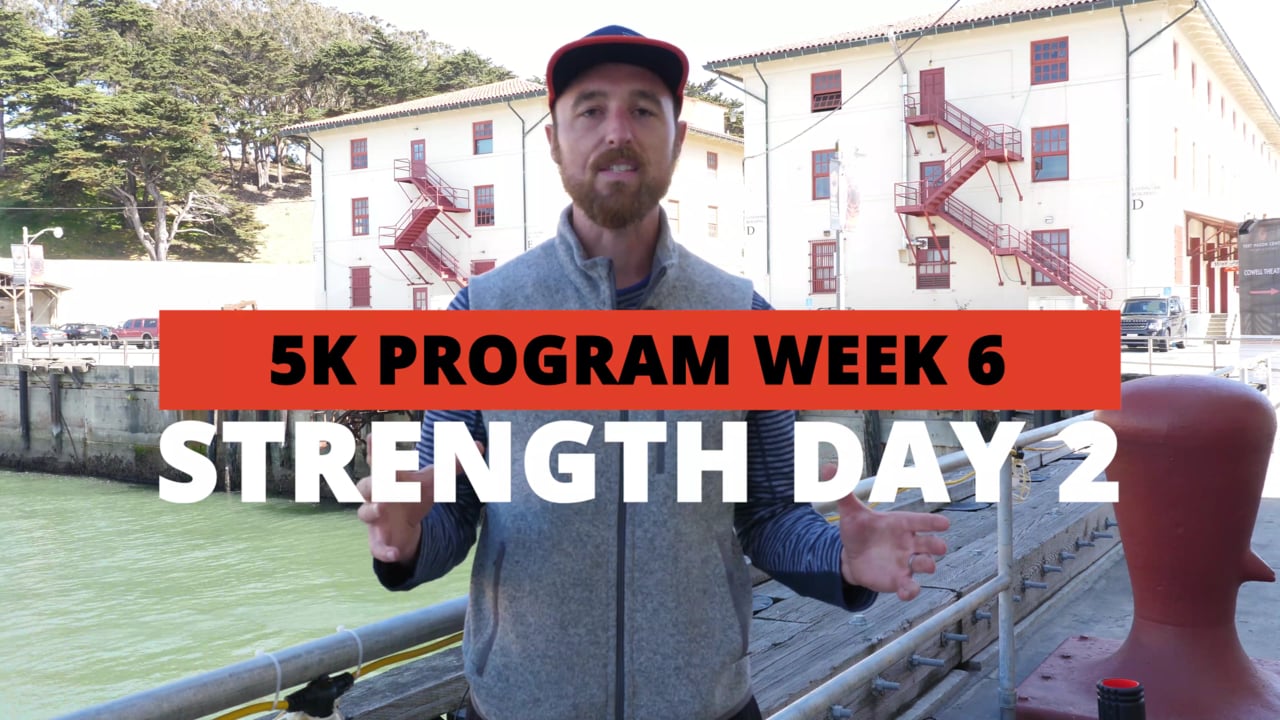
Balance,
Stability &
Core Week 6 | Day 40 -

Race
Weekend
Day 1 Week 6 | Day 41 -

Race
Weekend
Day 2 Week 6 | Day 42 -
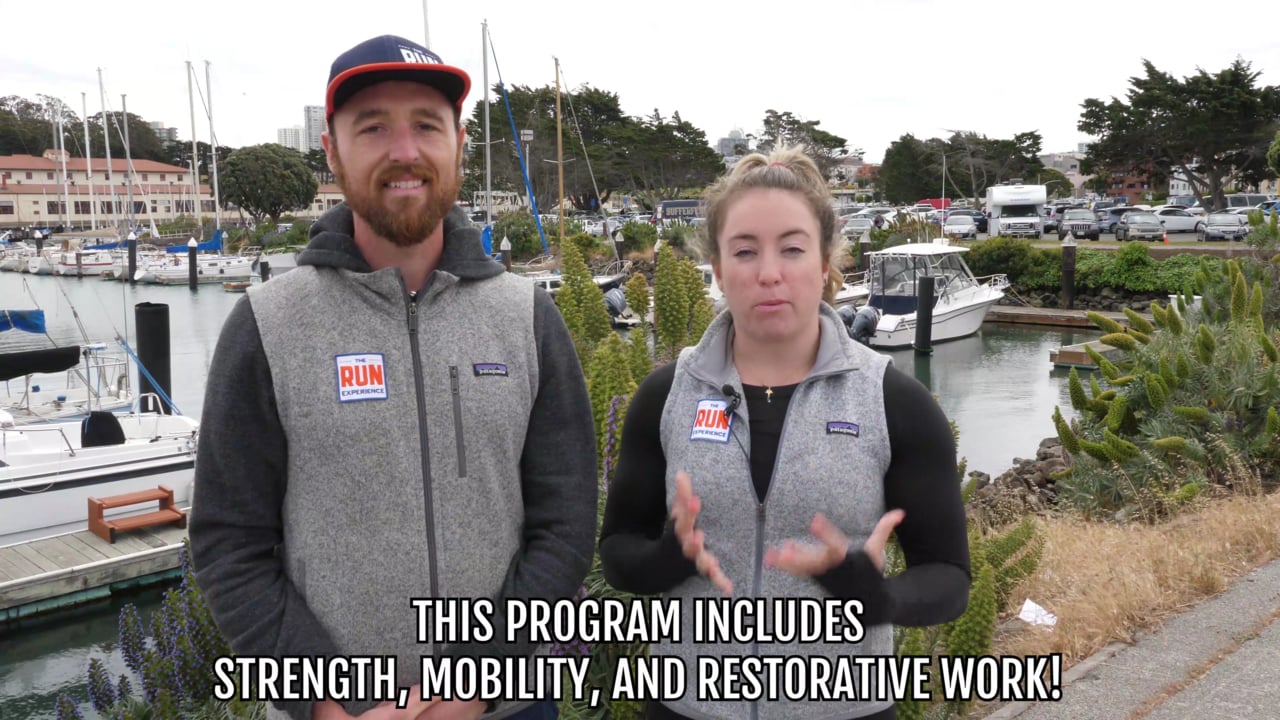
5k Program
Home
5k Program | Home Page
Workout
- Run Warmup
Duration:
Beginner: 5 minutes
Intermediate: 10 minutes
Advanced: 15 minutesInstructions:
Beginner: Alternate Run 30 seconds, Walk 30 seconds
Intermediate & Advanced: Run easyEffort Level:
All Levels: Run RPE Level 3/10
- Dynamic Warmup: Arm Circles and Hip Circles
Our favorites!
10 Arm Circles (forward and backward)
10 Hip Circles (each leg, each direction) - Main Workout
Duration:
Beginner: 10 minutes
Intermediate: 12 minutes
Advanced: 15 minutesInstructions:
Beginner: Alternate Run 30 seconds, Walk 30 seconds
Intermediate & Advanced: Alternate Run 30 seconds, Jog 30 secondsEffort Levels:
Beginner: Run – RPE Level 7/10, Walk – RPE Level 1/10
Intermediate & Advanced: Run – RPE Level 7/10, Jog – RPE Level 4/10 - Cooldown
Duration:
All Levels: 5 minutes
Instructions:
Beginner: Alternate Run 30 seconds, Walk 30 seconds
Intermediate & Advanced: Run easyEffort Levels:
Beginner: RPE Level 2/10
Intermediate & Advanced: RPE Level 3/10 - Mobility: Calves
Show your calves some love, even if you’re not a rancher

